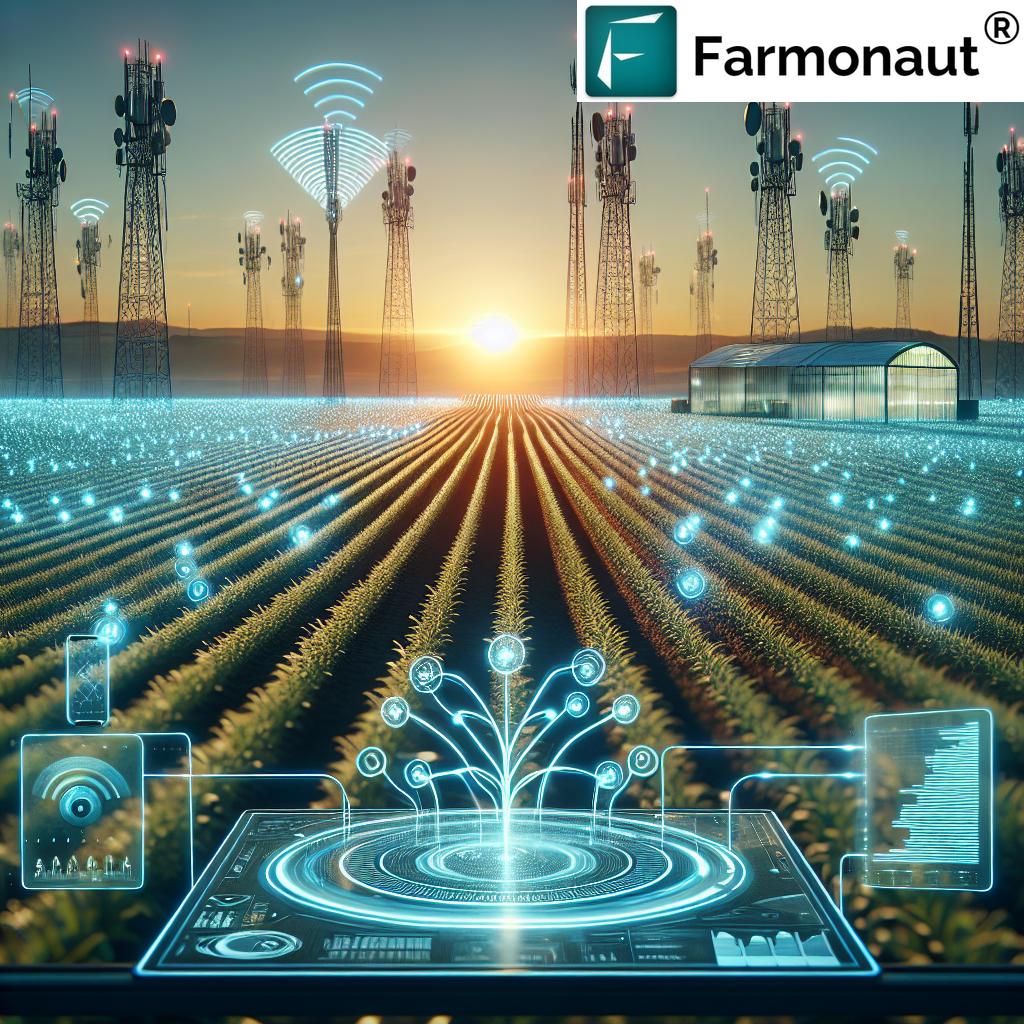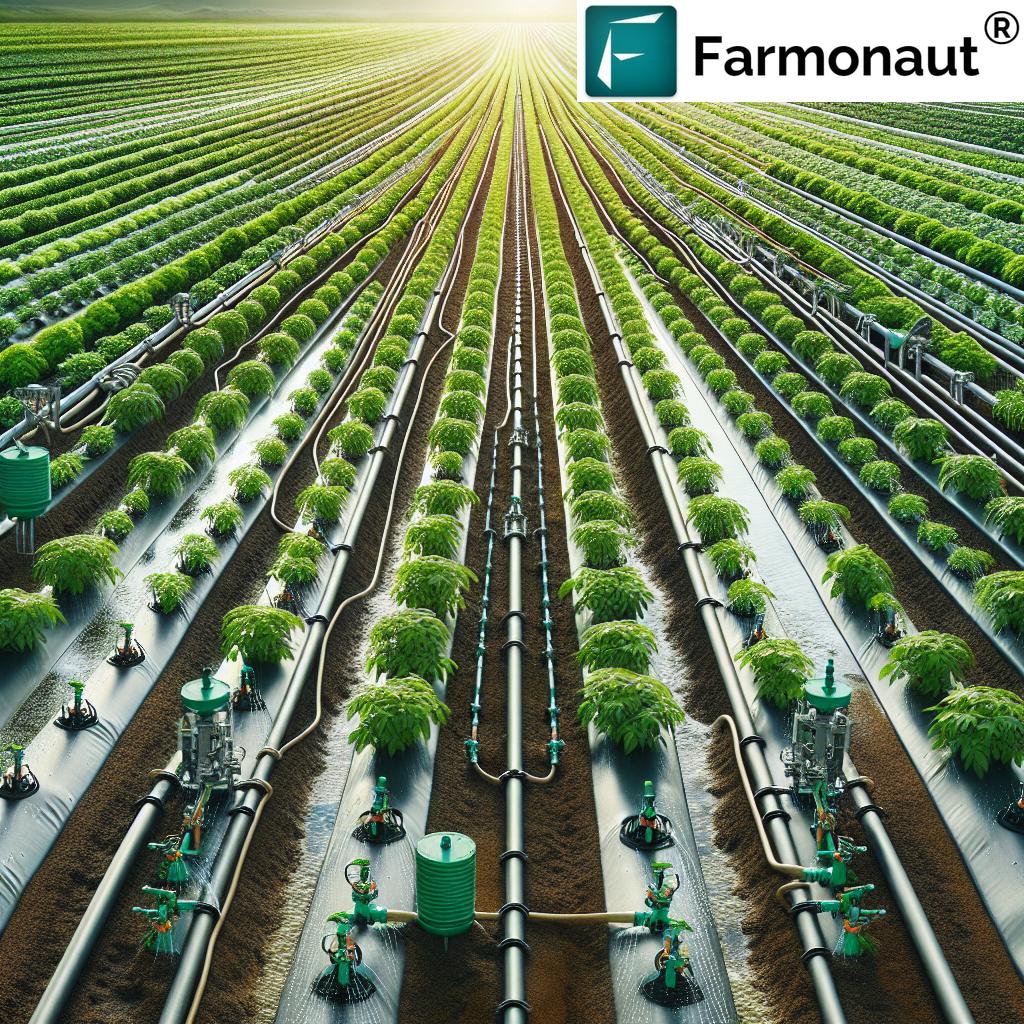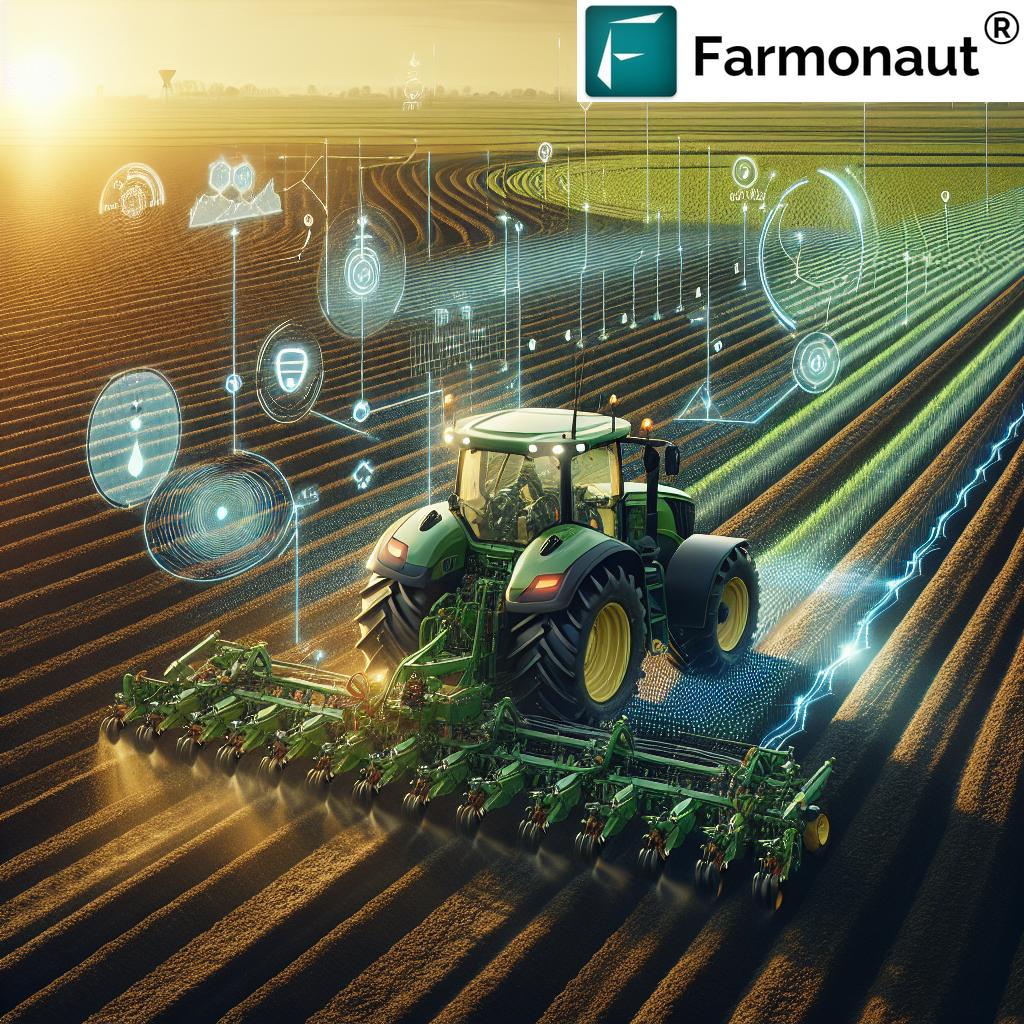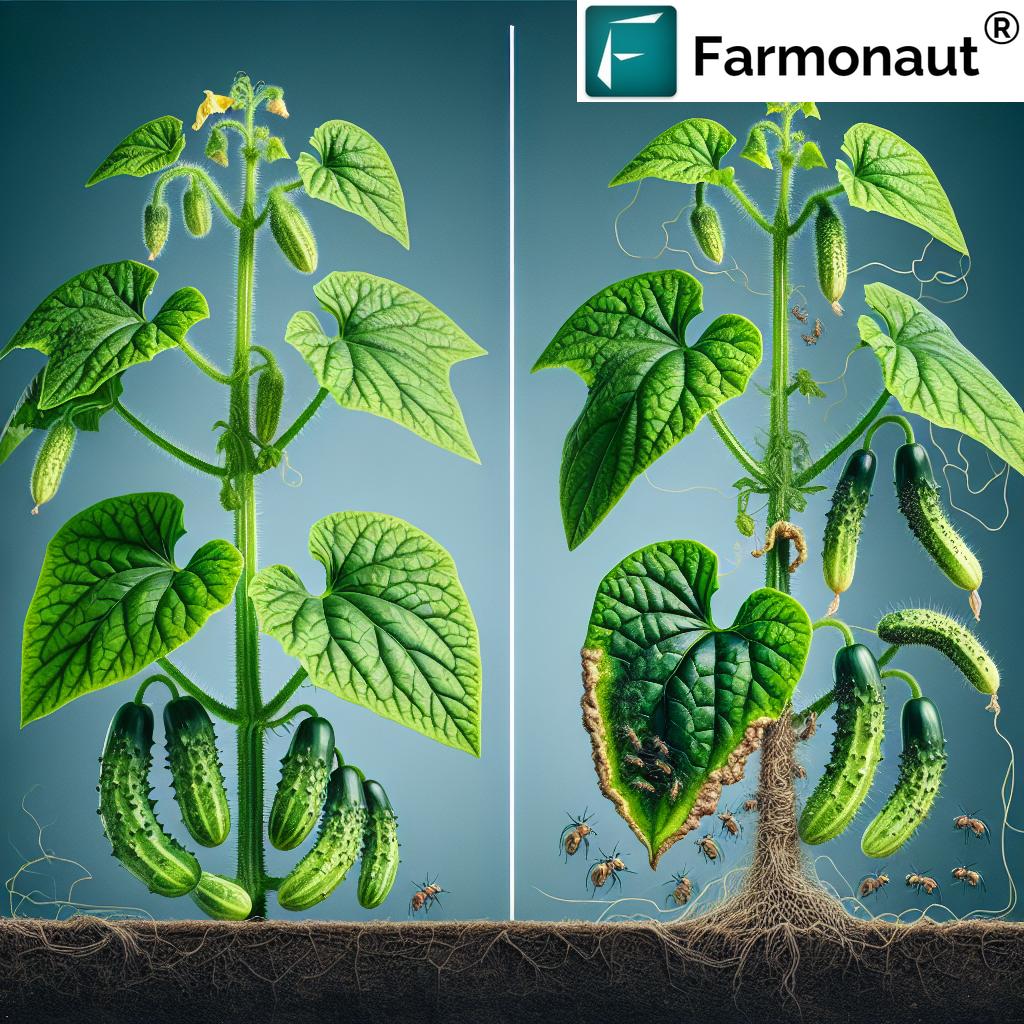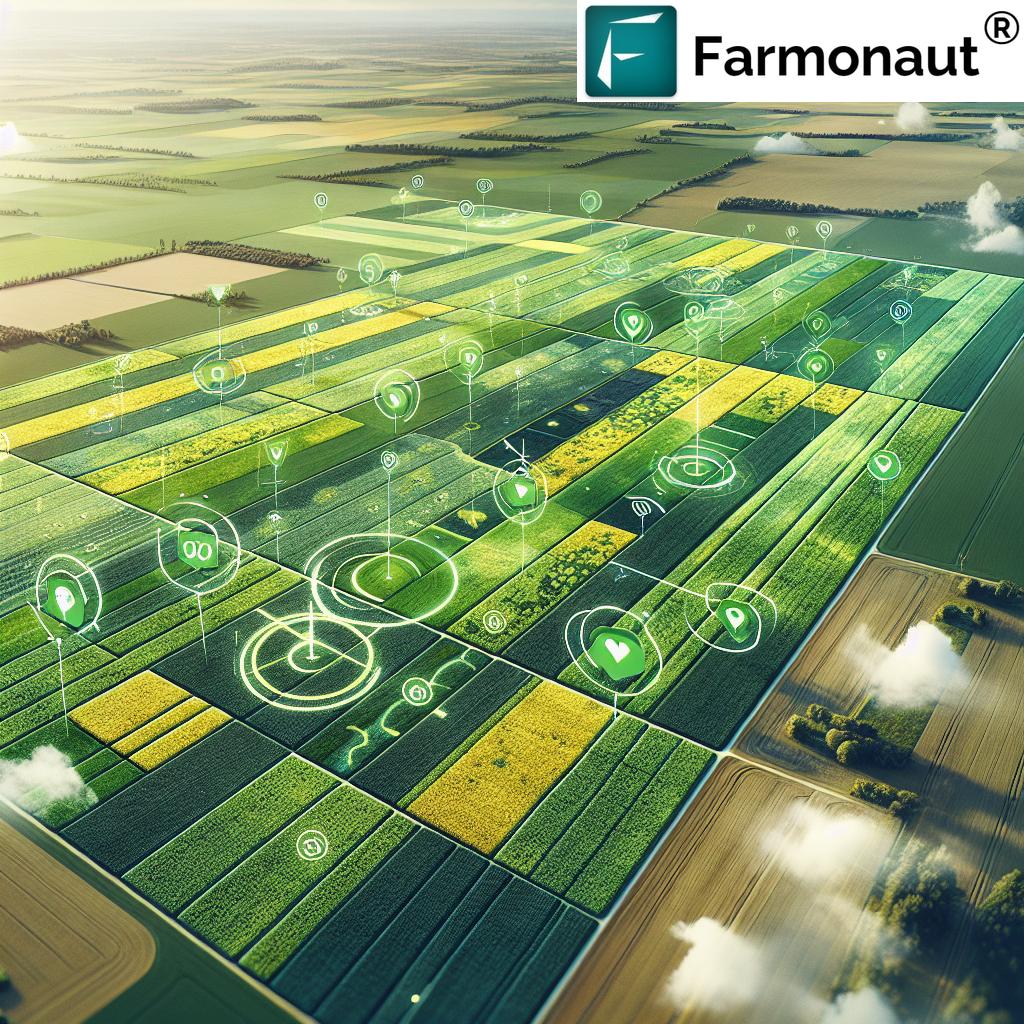Best Water Filtration for Citrus Orchard Drip AI System: The Future of Smart Irrigation and Sustainable Agriculture
Introduction: Why Water Filtration is Critical for Citrus Orchard Drip Irrigation
Efficient water management remains the cornerstone of modern sustainable agriculture, especially in high-value crops like citrus orchards. The evolution of drip irrigation systems has revolutionized water delivery, providing precise, targeted moisture directly to the root zone of each tree. This targeted approach greatly reduces waste, improves crop yield, and supports sustainable farming practices—essential as we move into 2025 and beyond.
However, the true success of a drip irrigation system in a citrus orchard lies in the quality of water used. Even minor contamination by sediments, suspended solids, organic matter, salts, or microorganisms can challenge irrigation performance, lead to clogging, and cause uneven water distribution. Such issues often result in stressed trees, reduced yields, and costly downtime.
The best water filtration system for a drip irrigation system in a citrus orchard is essential—not only for removing contaminants, but also for maximizing irrigation efficiency and supporting AI smart irrigation system integration. In this comprehensive guide, we’ll explore the leading agriculture water filtration technologies, the role of AI and automation, and how Farmonaut’s satellite insights help farmers optimize irrigation for sustainable citrus crop management in 2025 and beyond.
 Access satellite-based irrigation insights & real-time crop monitoring on Farmonaut’s App
Access satellite-based irrigation insights & real-time crop monitoring on Farmonaut’s App
Challenges of Water Quality in Modern Citrus Orchards
Citrus trees are particularly sensitive to uneven water supply and poor filtration. The challenges related to water quality in drip irrigation for citrus orchards often stem from:
- Varying Water Sources: Groundwater, surface water, and recycled water each carry different levels of sediments, organic matter, salts, and microorganisms.
- Suspended Solids & Particulates: These clog drip emitters and reduce system performance. Even fine materials, if not removed, can accumulate over time.
- Organic Matter: Decomposing materials, algae, and leaf debris are common in agricultural ponds, canals, and rivers.
- Salinity: Many citrus regions experience high salt concentrations, which can cause soil degradation and affect tree health.
- Microbial Load: Bacteria, fungi, and even viruses in irrigation water may contribute to biofouling and eventual system clogging.
- System Downtime & Yield Reduction: Blocked lines cause uneven distribution of moisture, stressed trees, reduced yields, and higher maintenance and labor costs.
Without a reliable agriculture water filter system, these challenges multiply, making the choice of filtration systems—and their integration into AI smart irrigation systems—critical for citrus growers entering 2025.
Benefits of Optimized Water Filtration for Drip Irrigation in Citrus Orchards
Installing the best water filtration system for a drip irrigation system in a citrus orchard brings a multitude of advantages, especially when combined with AI smart irrigation system capabilities and backed by real-time satellite insights. The key benefits include:
- Consistent Flow & Even Moisture Delivery: Filtration systems help prevent clogging of lines and emitters, ensuring that every citrus tree receives its required targeted moisture.
- Improved Yield & Fruit Quality: By removing sediments, organic matter, and salts, filtration helps maintain optimal soil conditions for robust tree growth and high-quality fruit.
- Reduced System Downtime & Maintenance: Filters and AI-powered management lower the frequency of manual cleaning and system shutdowns.
- Resource Efficiency: Clean water reduces fertilizer and chemical waste (as these inputs aren’t leached away by clogged lines), supporting sustainable crop management.
- Enhanced System Longevity: Preventing build-up of solids and salts protects drip lines, reducing replacement costs.
- Integration with Smart Tech: AI-enabled filter systems automate backflush cycles, monitor quality, and predict problems, freeing up time for farmers.
As automation and digital agriculture become mainstream, efficient filtration is the hidden engine of truly smart drip irrigation systems—maximizing yield while supporting sustainability and resource conservation.
Comparison Table: Water Filtration Systems for AI-Enabled Citrus Orchard Drip Irrigation
| Filtration Type | Estimated Particle Removal Efficiency (%) | Estimated Maintenance Frequency (times/year) | Estimated Cost ($) | Compatibility with AI Systems | Energy Use (kWh/year) | Environmental Impact Rating |
|---|---|---|---|---|---|---|
| Sand Media Filter | 85-99% | 4-6 | $2,500 – $10,000 | Yes | 1200-2500 | Low |
| Disc Filter | 90-98% | 3-4 | $1,500 – $7,000 | Yes | 900-1800 | Low |
| Screen Filter | 70-90% | 2-3 | $800 – $2,500 | Yes | 700-1500 | Medium |
| Membrane/Ultrafiltration | 95-99.9% | 1-2 | $10,000 – $40,000 | Yes | 2000-6000 | Low |
| Hydrocyclone (Sand Separator) | 60-90% | 1-2 | $1,000 – $5,000 | No (requires add-on sensors) | 500-1000 | High |
Best Water Filtration System for a Drip Irrigation System in a Citrus Orchard: Top Filtration Methods
1. Sand Media Filters: A Proven Choice for Citrus Orchards
Sand filters are the workhorses in many drip irrigation systems for agriculture, especially where surface water or recycled water are in use. These filters work by channeling water through layers of sand, efficiently removing suspended solids and organic matter before it reaches the emitters. The robust process is highly effective (up to 99% removal rate) and supports longevity of drip lines.
- Best for high loads of debris, suspended solids, and algae.
- Require periodic backflushing, which can be automated and monitored with AI-enabled sensors.
- Favored for their durability, especially in sandy environments and regions with high organic content.
2. Disc Filters: Precision for Fine Particulates
Disc filters employ a stack of grooved discs that trap fine particulates as water passes through. The grooved pathway captures debris without major flow restriction, even at high volumes.
- Exceptionally effective for removing fine suspended solids—vital for protecting the delicate emitters of automated drip irrigation systems.
- Low maintenance due to self-cleaning (with automatic backflush support).
- Durability is a key advantage; less prone to damage from sand and sediment-heavy water.
3. Screen Filters: The First Line of Defense
Often, screen filters are installed as the initial stage in multi-phase agriculture water filter systems. Using stainless or polymer screens, they catch larger debris like leaves, algae, and coarse materials before water moves to further filtration.
- Preventing larger particles from reaching sensitive filters and drip emitters.
- Easy to clean and maintain; important for minimizing system downtime.
4. Membrane and Ultrafiltration: The Gold Standard
As membrane technologies become more affordable in 2025, ultrafiltration systems are now a reality for many citrus orchards. These systems remove bacteria, viruses, dissolved salts, and even microbial contaminants down to submicron levels.
- Virtually eliminate biofouling risks and salt build-up.
- Deliver the ideal water quality for premium citrus performance and AI-integrated drip systems.
- Require lower maintenance frequency—with appropriate sensors for monitoring integrity.
5. Hydrocyclone (Sand Separator) Filters: Targeting Heavy Particulates
In areas with significant sandy debris or where surface water is the primary irrigation source, hydrocyclone sand separators can be valuable as a pre-filtration step.
- Use centrifugal force to remove heavy sand and grit before reaching main filter lines.
- Especially useful in orchards near rivers or sandy soils.
Integrating AI Smart Irrigation System with Water Filtration in Citrus Orchards
The emergence of AI smart irrigation systems marks a transformative leap for citrus orchards. Modern systems leverage sensors, satellite data, and machine learning—all integrated into state-of-the-art agriculture water filter systems—to deliver adaptive, intelligent irrigation schedules that optimize resource efficiency, crop health, and system performance.
The best AI smart irrigation system for citrus orchards will incorporate:
- Real-Time Water Quality Sensors: Continually measure turbidity, pH, electrical conductivity, and microbial load to assess water safety and filter efficacy.
- Automated Filter Backflushing: Intelligent systems trigger self-cleaning based on pressure readings and debris levels, preventing clogging without human intervention.
- Predictive Maintenance: Using historic and live data, AI predicts when and where clogging is likely, sending alerts to farmers for preventive measures, thereby reducing system downtime.
- Dynamic Irrigation Schedules: Soil moisture, weather forecasts, and crop-specific requirements inform AI-driven watering, maximizing yield and limiting waste.
- Remote Monitoring & Control: Features accessible via web or mobile apps for proactive management.
With an integrated AI smart irrigation system, citrus growers benefit from automated drip irrigation systems for agriculture that continually optimize performance based on real-world variables, supporting both sustainability and productivity.
Read the Farmonaut API Developer Docs for details, endpoints, and setup.
Water Filtration, AI, and Sustainable Agriculture in 2025 and Beyond
Sustainability is now the guiding principle for modern agriculture, driven by the increasing pressures on freshwater supply and global trends in climate variability. In the landscape of 2025, only citrus growers who integrate advanced water filtration, AI, and satellite-based management tools will maintain both high productivity and environmental responsibility.
Here’s why smart water filtration systems are essential for sustainable citrus orchard management:
- Reduced Water Waste: Clean water means precise drip delivery to each tree’s root zone, cutting waste and promoting efficient use of every drop.
- Energy Conservation: Automatic filtration backflush cycles minimize energy consumption—particularly relevant where solar-powered pumps are in use.
- Lower Agrochemical Leaching: Effective filtration prevents system breakdowns and ensures fertilizers and nutrients reach the intended citrus trees, reducing run-off and improving soil health.
- Reduced Carbon Footprint: Enhanced system efficiency means less fuel/power for irrigation and fewer truck rolls for maintenance, directly lowering emissions.
Explore Farmonaut’s Carbon Footprinting solution
for automated, satellite-verified tracking of your orchard’s environmental impact. - Support for Organic and Regenerative Practices: Without microbial and chemical contaminants, organic matter cycles more naturally, supporting living soils and healthy orchards.
The synergy of agriculture water filtration and AI-driven crop management ensures orchards become increasingly resilient and sustainable—a must for citrus farming in the future.
Maintenance: Ensuring Consistent Flow and Longevity in Drip Systems
Even the best water filtration system for a drip irrigation system in a citrus orchard will require planned, proactive maintenance for optimal performance and system longevity. With the transition to AI smart irrigation systems in 2025, maintenance routines become more efficient, data-driven, and cost-effective:
- Self-Cleaning and Automatic Backflushing: Filters equipped with pressure or flow sensors will start cleaning cycles automatically, reducing physical labor and operational downtime.
- Remote Diagnostics: Issues like pressure drops or clog formation can be detected by AI-driven monitoring systems, which send alerts or recommendations in real-time.
- Easy Replacement and Upgrades: Modular filter designs make it possible to swap filter elements or add filtration stages as water quality or orchard scaling needs evolve.
- Reduced System Stress: Consistent maintenance schedules prevent emergency repairs, minimizing further disruption to moisture delivery and potential harm to citrus crop health.
Farmonaut: Satellite Insights for Efficient Drip Irrigation & Smart Water Management
At Farmonaut, we recognize that modern citrus orchard management depends on the fusion of next-gen filtration technologies, AI automation, and real-time field data. Our satellite-enabled solutions empower farmers with:
- Multispectral Monitoring: We deliver NDVI-driven vegetation health and soil moisture mapping to spot irrigation inefficiencies or water stress before visible symptoms emerge.
- Jeevn AI Advisory: Our AI system interprets satellite, weather, and soil data to provide customized recommendations for irrigation schedules, fertilizer timing, and orchard interventions.
- Blockchain Traceability: Identify the entire water management history and system performance to ensure transparency—essential for premium citrus supply chains.
Discover Farmonaut’s Product Traceability Platform for supply chain accuracy and brand advantage. - Fleet and Resource Management: Use our tools to monitor pump and vehicle usage, reduce operational energy consumption, and track maintenance for all irrigation support equipment.
Explore Farmonaut Fleet Management for cost-efficient utility across citrus orchards and farm operations. - Crop Loan and Insurance Facilitation: Satellite-based evidence dramatically streamlines loan or insurance claims for citrus growers—no more disputes over system performance or weather events.
Learn about Farmonaut Crop Loan and Insurance Verification
Our platform is available on web, Android, and iOS, with API access for seamless integration into automated drip irrigation infrastructure.
Farmonaut Subscription Plans
For growers and orchard managers seeking affordable access to advanced satellite insights for irrigation planning, filtration management, and smart resource use, Farmonaut offers scalable subscription packages.
Subscribe and manage your orchards more efficiently, leveraging the future of agricultural monitoring and AI advisory!
FAQ: Water Filtration and AI Drip Irrigation in Citrus Orchards
Q1: What is the best water filtration system for a drip irrigation system in a citrus orchard?
The best water filtration system combines multiple methods: typically a screen filter (for large debris), followed by a sand media filter or disc filter (for fine particulates and organics), and—where ultra-pure water is required—a membrane or ultrafiltration unit. Which combination is ideal depends on your source water and orchard scale.
Q2: Why are AI smart irrigation systems essential for modern citrus orchards?
They automate and optimize irrigation schedules, monitor water quality in real time, and preemptively alert on clogging or maintenance needs. This increases citrus yields, enhances sustainability, and reduces water and energy use.
Q3: How often should filters be cleaned in automated drip irrigation systems for agriculture?
Maintenance frequency depends on filtration type and water quality. AI-enabled systems self-diagnose and automatically trigger backflushing or cleaning cycles, reducing manual checks from monthly/weekly to just a few times per year.
Q4: Can water filters help with salinity problems in citrus orchards?
Advanced membrane and ultrafiltration systems help reduce salt levels, mitigating salinity stress in the root zone—especially valuable for orchards in arid or semi-arid climates.
Q5: Is it possible to monitor all orchard irrigation systems from a mobile app?
Yes—with platforms like Farmonaut, you can access satellite-based and sensor-driven irrigation, filtration performance, and moisture data directly through Android, iOS, or a web browser, ensuring you always have real-time insights for smart management.
Conclusion: The Future of Optimized Water Delivery for Citrus Orchards
The future of growing high-quality citrus relies on embracing advanced water filtration technologies, AI-enabled smart irrigation systems, and dynamic, data-backed farm management practices. In 2025 and beyond, the best water filtration system for a drip irrigation system in a citrus orchard extends far beyond the mechanical removal of particles—it’s a critical, intelligent infrastructure component that keeps your orchard resilient, efficient, and sustainable.
By leveraging the synergy between modern filters (including sand, disc, screen, and membrane solutions), cutting-edge AI and satellite technologies, and routine, data-driven maintenance, citrus farmers can maximize returns, minimize costs, and protect their operations for the future.
Embrace innovation, optimize water quality, and let satellite and AI tools guide your orchard management toward higher yields and greater sustainability.
Ready to transform your citrus orchard irrigation strategy?

Get started with Farmonaut’s real-time satellite monitoring for smarter, cleaner, and more productive drip irrigation in 2025.



